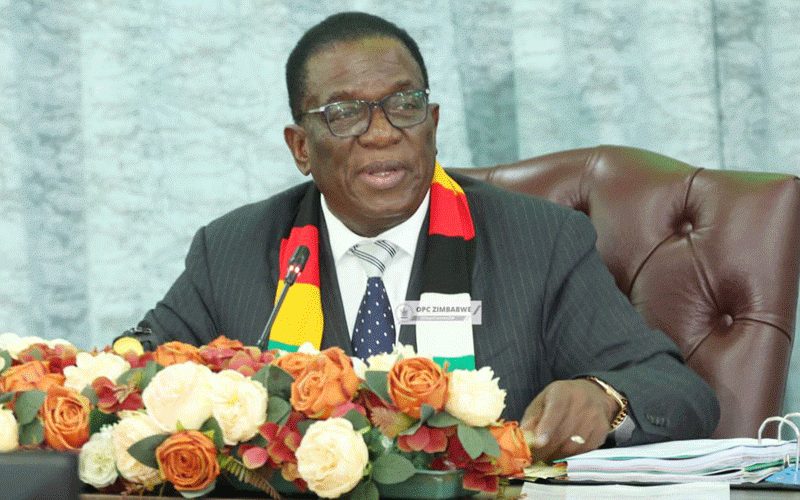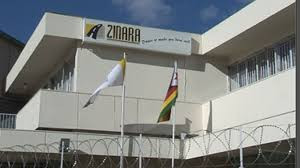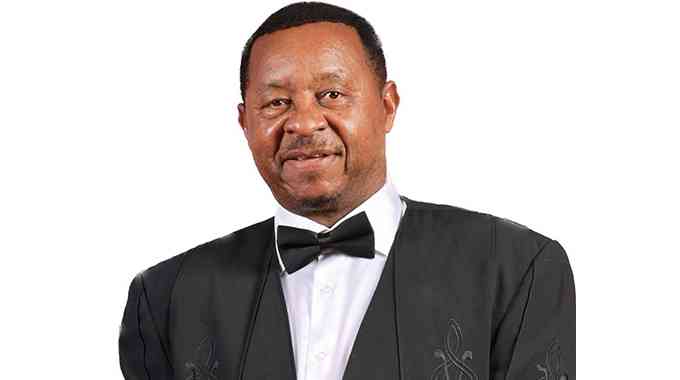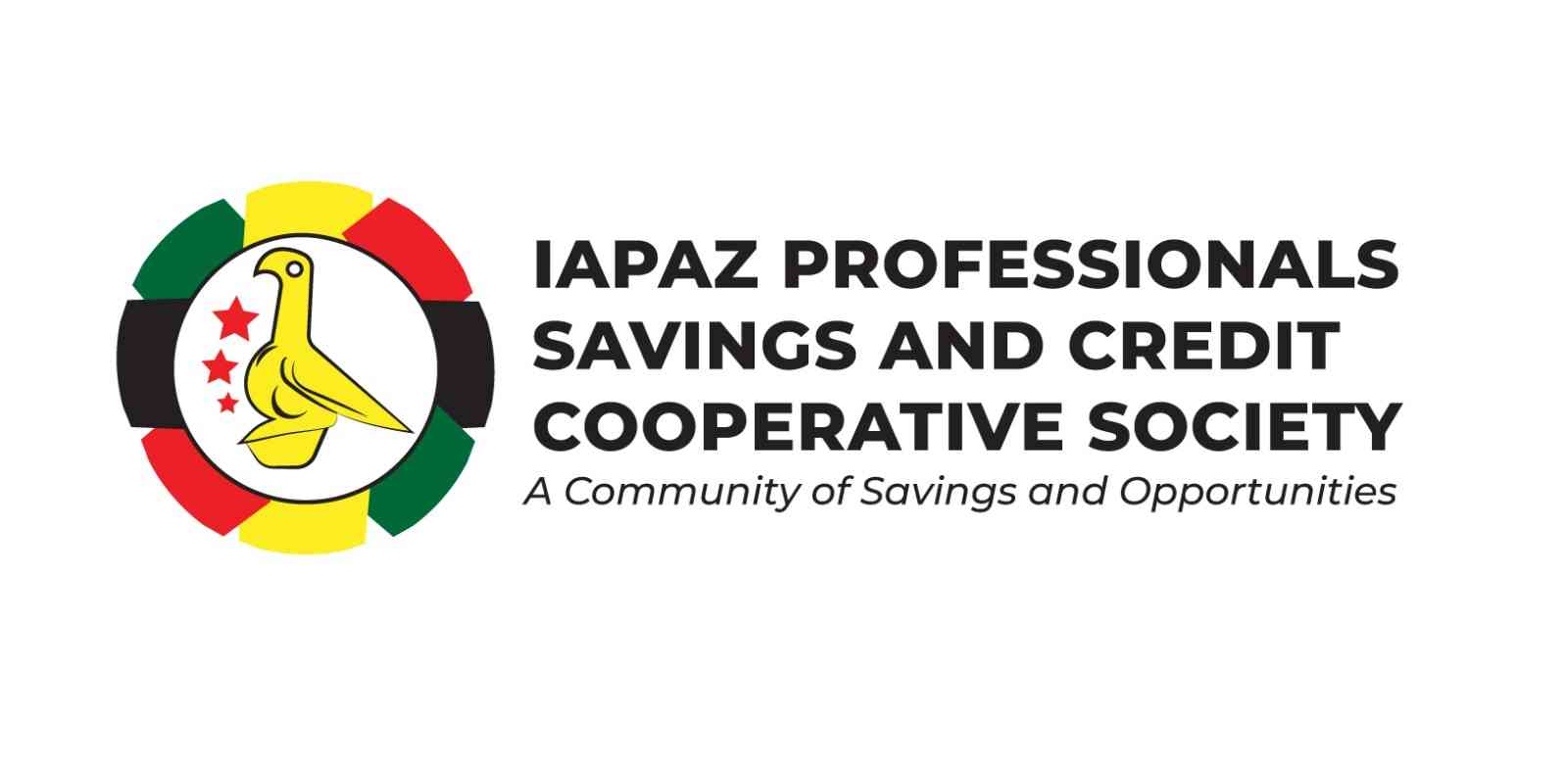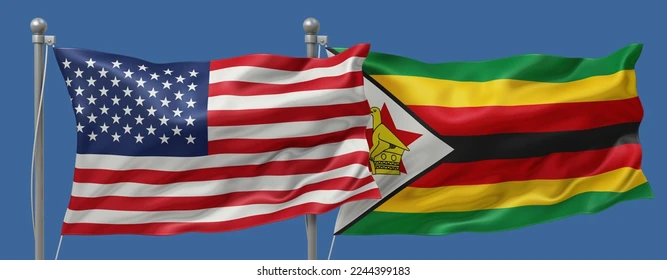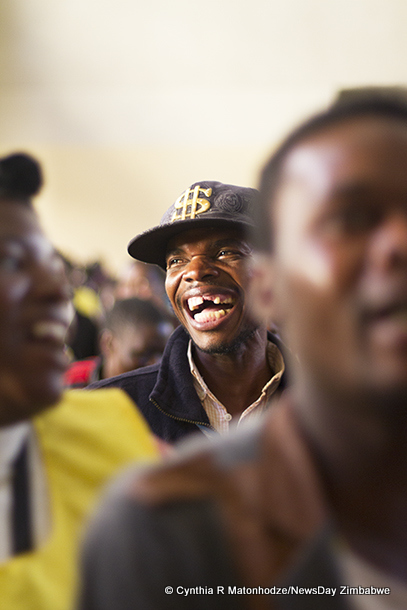
CIVIL society organisations (CSOs) have urged the National Peace and Reconciliation Commission (NPRC) to allow politically-neutral people and rights abuse victims to lead the national healing process.
BY SILAS NKALA
The call comes as the NPRC has rolled out provincial outreach programmes starting in Matabeleland South and Mashonaland Central provinces next week.
NPRC deputy chairperson, commissioner Lillian Chigwedere, in a notice dated February 12 announced that the consultations would start on February 19 in Matabeleland South and Mashonaland Central provinces, followed by Bulawayo on February 20, Matabeleland North and Mashonaland West on February 26, Midlands and Mashonaland East on February 28 and Masvingo and Manicaland on March 3.
“The key objectives for the provincial visits are to enhance stakeholders’ awareness of the NPRC, its mandate and functions, to provide a platform for stakeholders to contribute their ideas into the strategic priorities of the NPRC, and to map the local and regional level capacities for peace, healing and reconciliation according to provinces. “Persons wearing military/police uniform and political party regalia shall not be allowed inside the venues of meetings,” Chigwedere wrote.
She advised the citizens to contact team one leader Geoffrey Chada and team two leader Charles Masunungure for more details.
However, CSOs and citizens had suggestions on who should lead the consultation teams on the atrocities.
#This Constitution leader Abigail Mupambi said perpetrators of past violence and atrocities have a political interest and the subject triggers serious emotions on affected communities.
- Chamisa under fire over US$120K donation
- Mavhunga puts DeMbare into Chibuku quarterfinals
- Pension funds bet on Cabora Bassa oilfields
- Councils defy govt fire tender directive
Keep Reading
“Affected communities and politicians are the interested parties in this, so giving either side the lead might distort and/or compromise the outcomes. We need these consultation teams to be sober, reasonable and acceptable in general,” she said.
A Bulawayo lawyer, Dumisani Dube, said for any credible process to take place, “third parties who have no real or perceived interests should be the ones to conduct consultations from victims, witnesses and perpetrators in line with dictates of natural justice”.
Post-Independence Survivors’ Trust director Felix Magalela Sibanda said: “We suggest that the locals and living victims from the affected areas/regions should be the majority in the team of investigators or facilitators/consultants so to speak. Their backup should be technocrats who are knowledgeable about peace-building mechanisms, rehabilitation, community-related conflict resolution tactics, justice, truth and reconciliation fundamentals.”
A Bulawayo citizen, Dave Ncube, said the affected people should lead the exercise. “They can tell their story better than anyone else, even better than the perpetrators themselves,” he said.
Policy analyst Butler Tambo said the process should be “victim-centred and create confidence in the communities that they are safe to talk freely about their experiences with no violence and reprisals following them”.
“This is because some, if not most, of the perpetrators of violence are still staying in the same communities with the victims and there should be mechanisms of protecting victims from further violations and humiliation and trauma. The process should also be child-friendly and so there is need to engage experts on trauma, healing and transitional justice to deal with children who have suffered or have been witnesses to gross human rights violations.”

